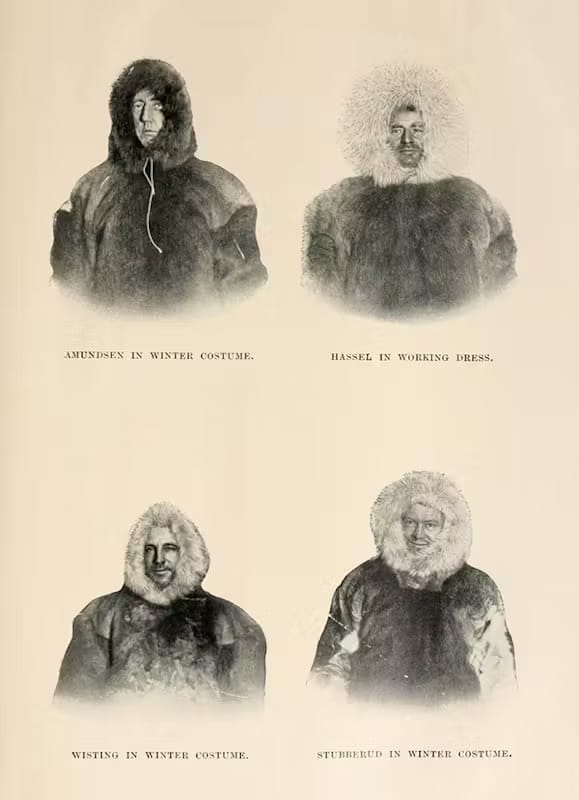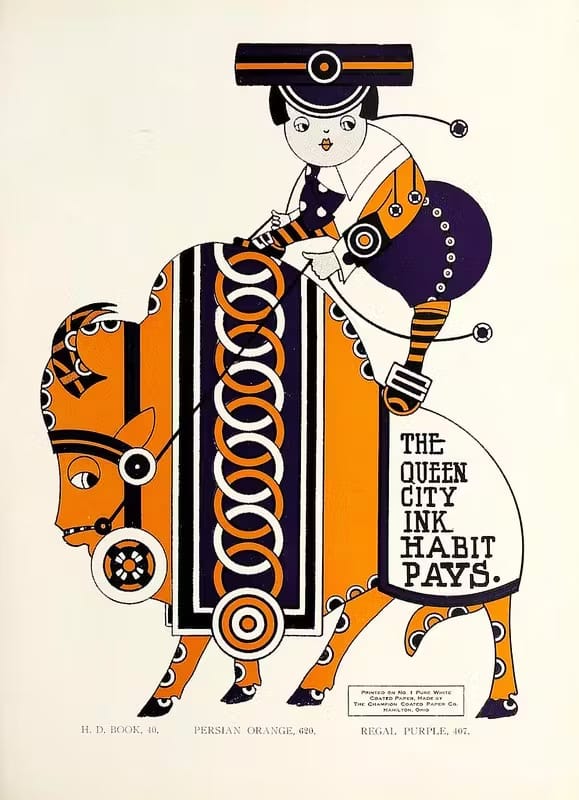The Societal Mirror of Perfection
We know we are not what we believe we are supposed to be and so we feel false, frustrated, and dishonest. We try to hide ourselves, and we pretend to be what we are not. The result is that we feel unauthentic and wear social masks to keep others from noticing this. We are so afraid that somebody else will notice that we are not what we pretend to be. We judge others according to our image of perfection as well, and naturally they fall short of our expectations. (Location 217)
without objects there can be no subject—because the objects create the subject’s awareness of himself—Quality is the event at which awareness of both subjects and objects is made possible. (Location 3910)
What does a subject need to exist? An object to compare itself to.
Pride (within reason) can cause a person to become a doctor and save peoples lives, but pride is also an un-fillable hole. ^c8707a
In 1930, in a speech titled “Economic Possibilities for Our Grandchildren,” the economist John Maynard Keynes made a famous prediction: Within a century, thanks to the growth of wealth and the advance of technology, no one would have to work more than about fifteen hours a week. The challenge would be how to fill all our newfound leisure time without going crazy. “For the first time since his creation,” Keynes told his audience, “man will be faced with his real, his permanent problem—how to use his freedom from pressing economic cares.” But Keynes was wrong. It turns out that when people make enough money to meet their needs, they just find new things to need and new lifestyles to aspire to; they never quite manage to keep up with the Joneses, because whenever they’re in danger of getting close, they nominate new and better Joneses with whom to try to keep up. As a result, they work harder and harder, and soon busyness becomes an emblem of prestige. Which is clearly completely absurd: for almost the whole of history, the entire point of being rich was not having to work so much. (Location 127)
^285673




